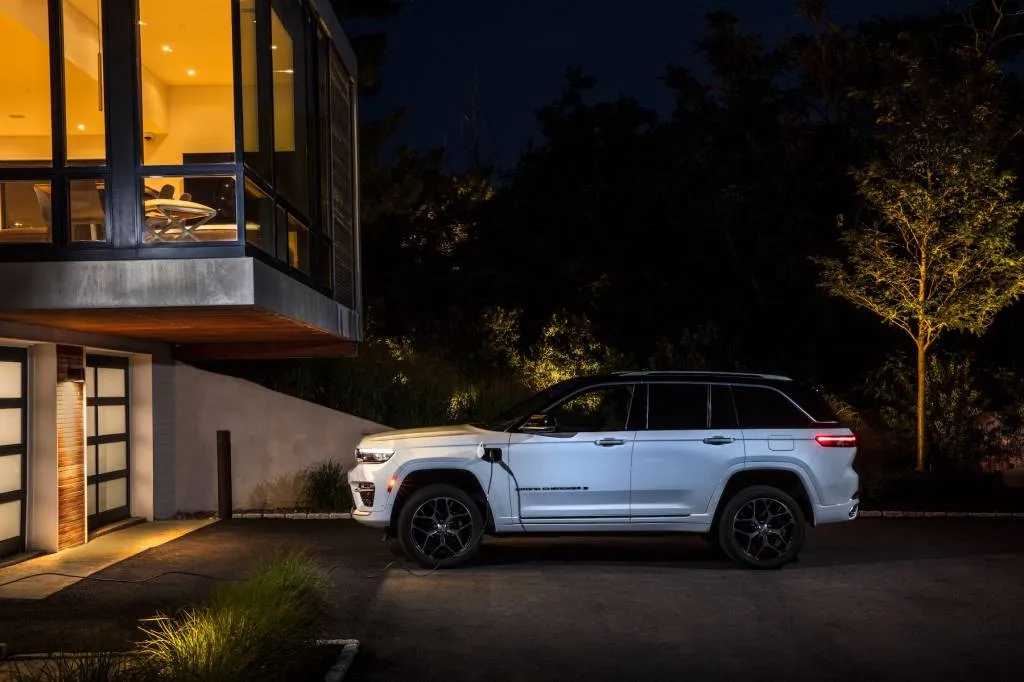Stellantis is petitioning against strict emissions standards adopted by California and 13 other states, claiming they give other automakers competitive advantages.
First reported by Bloomberg, the petition is based around a claim that the California Air Resources Board (CARB) “improperly adopted” a 2019 deal negotiated between the regulator and four automakers, in which those automakers agreed to voluntarily raise fuel economy. Stellantis said it tried to join the deal, but was rebuffed by CARB.
BMW, Ford, Honda, VW, and Volvo all backed CARB’s authority to regulate emissions in a legal challenge from the federal government—and CARB offered those companies a deal that Stellantis wasn’t privy to.
2024 Chrysler Pacifica
Stellantis now claims that this deal unfairly privileges those automakers by allowing them to base compliance with CARB emissions standards on national sales, while other automakers must use only sales in the 14 states that follow California’s emissions rules. Those rules are stricter than federal emissions standards, thanks to a Clean Air Act waiver that was the subject of the legal challenge in which BMW, Ford, Honda, VW, and Volvo backed CARB.
Stellantis said in a statement that the deal with those automakers “was developed secretly with some competitors, in direct violation of the California Administrative Procedure Act,” claiming it amounts to a “double standard.” The requested review of the framework agreement is an attempt to get the state’s Office of Administrative Law to declare the agreement invalid—an unlikely outcome, but an attempt to once again level the playing field with those automakers who earlier were more friendly about tightening emissions rules.
The automaker said it supports emissions reductions, claiming it is challenging California to relieve itself of “competitive disadvantages,” and to “best serve our customers by fairly allocating our products to all states.” Stellantis earlier this year announced plans to stop stocking non-hybrids in California emissions states, so as to meet its tougher emissions rules.
“CARB expects the Office of Administrative Law’s response to this late petition will recognize the Framework Agreements for the settlements that they are,” said a CARB spokesperson to Green Car Reports when contacted for comment Thursday.

2024 Jeep Grand Cherokee
While Stellantis wasn’t the only automaker that didn’t side with California in the dispute with the federal government, it is the first so far to petition against the current emissions rules. General Motors was the most vocal of the challengers to California’s regulatory authority, leading to a showdown in which California said it wouldn’t buy GM’s vehicles for fleet purchases. That ended in January 2022, when GM agreed to comply with California’s emissions rules.
Stellantis only recently began ramping up EV development for the U.S. CEO Carlos Tavares said in 2021 that EVs cost the company 50% more to produce than internal-combustion models. But in an interview with Automotive News published this last week, he appeared to say that EVs and hybrids together are profitable, declaring that “our margins on electrified vehicles are in the black.”
with additional reporting from Bengt Halvorson
Read the full article here



